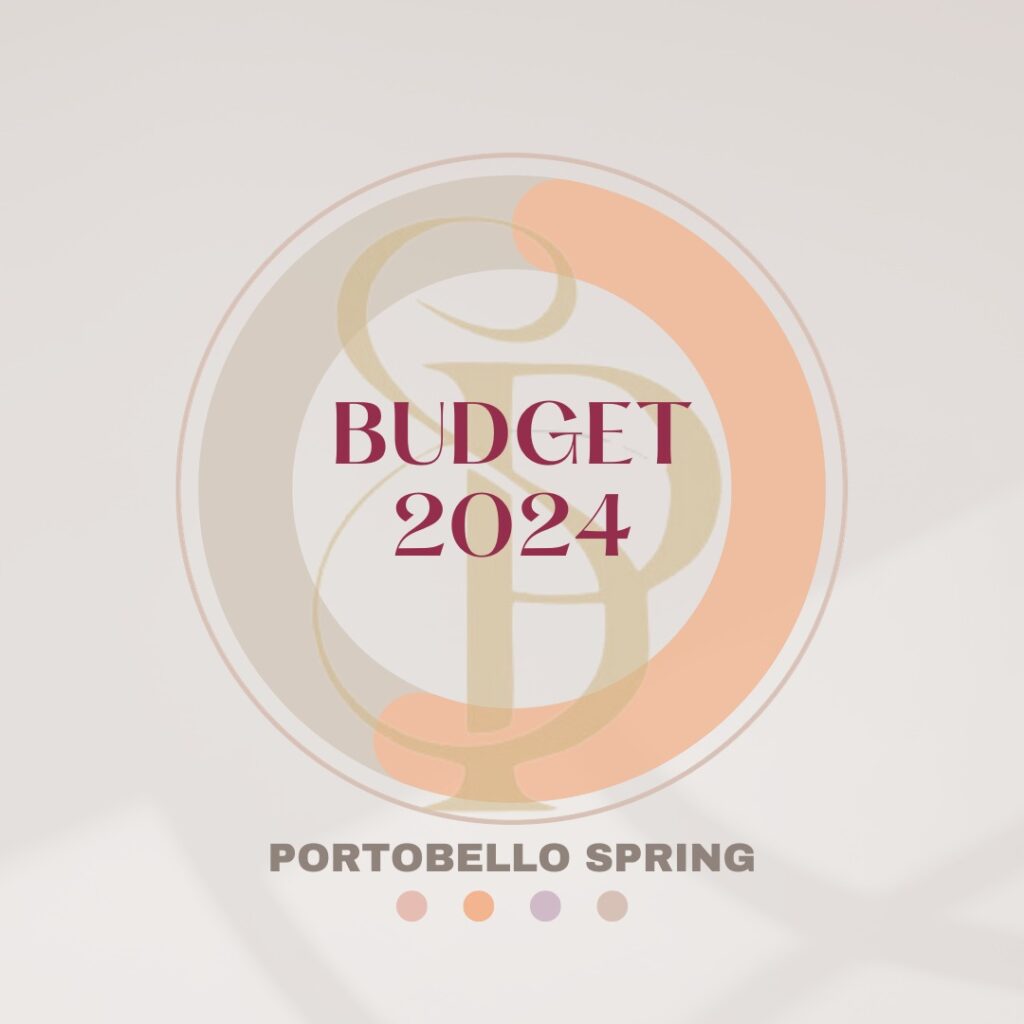Strategic Tax Planning in the Wake of Budget 2024 Changes; Navigating Changes in Budget 2024
Unlock insights into strategic tax planning in the wake of Budget 2024 with our expert tax filing and compliance practice.

In the ever-evolving world of Irish taxation, staying ahead of the curve is key to financial success. Our tax practice is committed to inform you about the latest changes in Irish tax regulations. We hope the blog on Strategic Tax Planning in the Wake of Budget 2024 Changes will be helpful to you and your business.
In this blog post, we’ll explore the recent updates,guide businesses and individuals on how to navigate these changes effectively.
The Budget 2024 statement in Ireland revealed several key changes in:
- USC rates
- Income Tax Bands and Credits
- Rent Tax Credits
- Help to Buy (HTB) scheme
- Mortgage Interest Relief
- Benefit-in-Kind (BIK) for Company Vehicles
- PRSI
These adjustments aim to address various economic challenges, provide relief, and stimulate specific sectors.
USC Rates and Bands:
Minister McGrath announced changes to the Universal Social Charge (USC) rates and bands.
The ceiling of the 2% USC rate will increase to €25,760. This is to ensure it remains the highest rate for full-time minimum wage workers.
The 4.5% USC rate will reduce to 4% from 2024 onwards. The new USC rates for 2024 are as follows:
| USC Thresholds for 2024 | Rates |
| First €12,012 | 0.5% |
| Next €13,748 | 2% |
| Next €44,284 | 4% |
| Balance | 8% |
| Self-employed income over €100,000 | 3% surcharge |
Further,the reduced 2% USC rate, for the following individuals, is extended until the end of 2025:
- Full medical card holders and
- Those aged over 70,
- With an aggregate income not exceeding €60,000
All of the above conditions must be fulfilled.
Income Tax Bands and Credits:
The standard rate income tax band will increase by €2,000.
The entry point to the 40% income tax rate will be €42,000 for single individuals.
Income above €51,000 for married couples (with one earner), from 2024, will be taxed at 40%.
Personal Tax Credit, Employee Tax Credit, and Earned Income Tax Credit will each increase by €100 to €1,875.
Additionally, Other credits will also see increases, such as:
- Home Carer Tax Credit
- Single Person Child Carer Tax Credit
- Incapacitated Child Credit
The Sea-going Naval Personnel Tax Credit will be extended for another year.
Rent Tax Credit:
For 2024 & 2025, The Rent Tax Credit, is increased to €750 for individual renters.
€1,500 per year for jointly assessed married couples or civil partners for the tax years 2024 and 2025.
Payments made by parents for “digs” or rent-a-room accommodation for children attending approved courses will now qualify for the credit. This can be accounted retroactively for 2022 and 2023.
Help to Buy (HTB) Scheme:
The HTB scheme will be extended until the end of 2025. This has been expanded to include properties purchased through the Local Authority Affordable Purchase (LAAP) scheme.
This change allows LAAP purchasers to use the affordable dwelling contribution received for calculating the 70% loan-to-value requirement.
Mortgage Interest Relief:
Budget 2024 introduces a one-year tax credit for taxpayers with outstanding mortgage balances on their principal private residences. The debt should be between €80,000 and €500,000 as of December 31, 2022.
The relief, available at a standard income tax rate of 20%, is capped at €6,250 per residence. This is estimated to benefit to around 165,000 mortgage holders and a cost of €125 million.
Benefit-in-Kind (BIK) for Company Vehicles:
The BIK regime introduced in Finance Act 2019 is temporarily adjusted.
A relief of €10,000 will be applied to the original market value (OMV) of cars in categories A-D. This is applicable until December 31, 2024.
EVs will continue to receive a total relief of €45,000 until 2025, followed by reductions in subsequent years.
PRSI:
To address long-term sustainability challenges in the pension system, all PRSI contribution rates will increase by 0.1%. This will take effect from October 1, 2024.
This move is part of a phased, incremental approach to increase PRSI contribution rates over several years.
Summary
In summary, Budget 2024 in Ireland introduces a range of changes to taxation and social contributions to address various economic challenges, provide relief to specific groups, and promote certain sectors such as housing and electric vehicles.
The adjustments aim to balance the needs of individuals, businesses, and the broader economy in the coming years. We would invite you dear reader to contact us should you require any personalised assistance or you even if you would like to stay connected for future updates.
By providing valuable insights and guidance, our tax practice aims to empower businesses and individuals to navigate the complexities of Irish taxation with confidence and success. Stay tuned for more updates and expert advice from Portobello Spring.
Disclaimer: The information in this blog post is intended for general informational purposes only and should not be construed as professional advice. It is your responsibility to seek professional advice tailored to your specific situation.

Leave a Reply